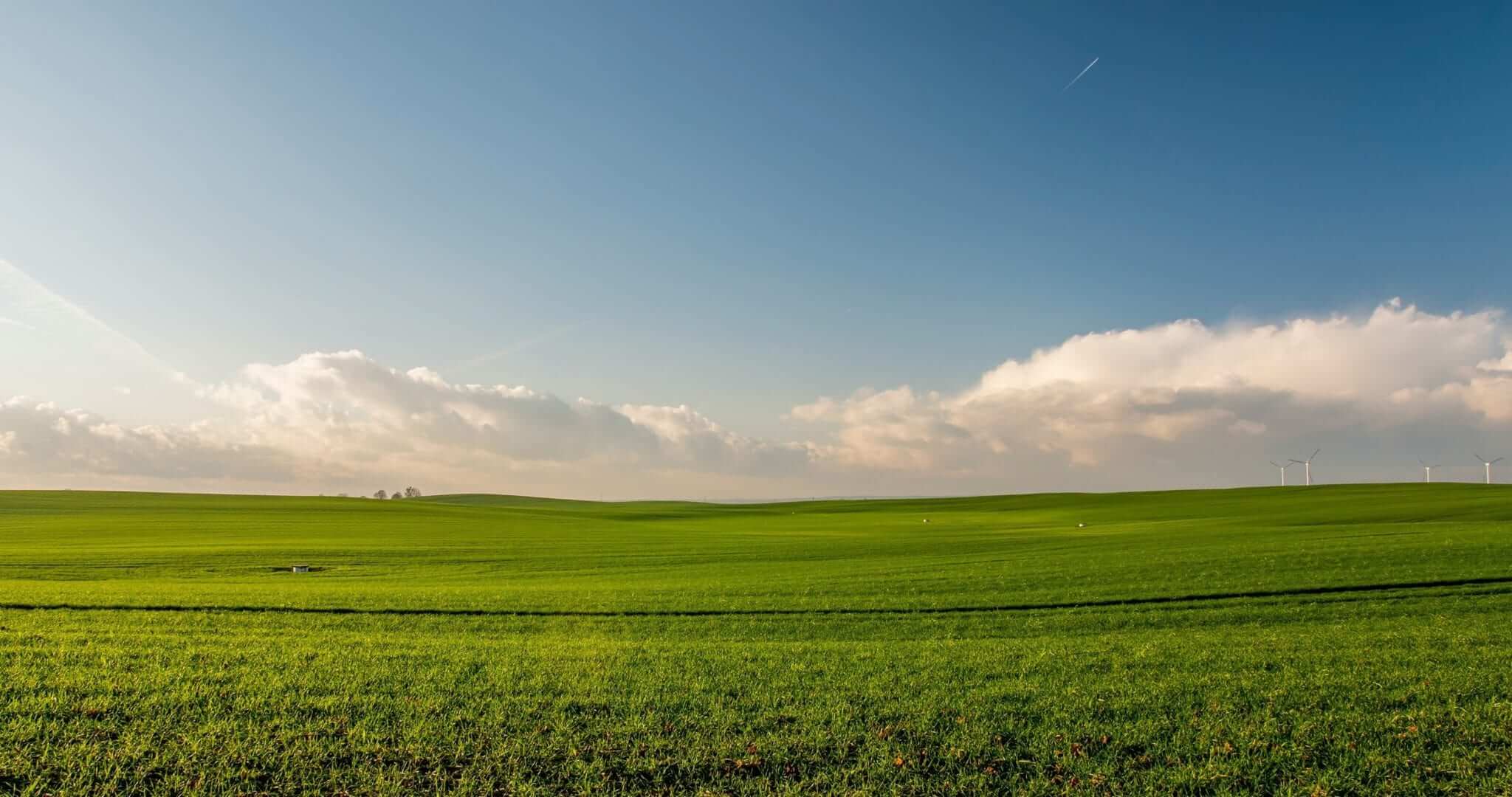Do I have to make monthly repayments on my loan for land banking?
That depends on who your lender is and the funding arrangement they have in place for you. When looking at a funding arrangement, it’s important to understand any limitations on the facility or any covenants or requirements the lender has placed on you. It’s a good idea to have this conversation upfront, so you know what to expect. Call us to discuss your plans.
What can I do with land I have banked?
There are a number of ways to generate a profit from a parcel of land. Your land can be improved through the development of residential or commercial structures for sale or lease. It could be used for tourism ventures (like Air BnB or glamping), could be rented out for tiny home dwellers, or small co-op farming. If there is a residential house on the property, this could be rented out.
Land is a relatively hands-off asset. There are few costs for maintenance and upkeep and ongoing costs are often only rates and public liability insurance.
You may choose to develop your block yourself, sub-divide it into multiple lots, or sell it to a developer.
What should I be aware of when thinking about land banking?
Being rushed into a decision, or failing to complete your due diligence on a property can cause significant financial impact. Taking the time to complete your research, talk to local experts and your financial advisers, and ensuring that you have a solid plan and the determination to see the investment through will go a long way to ensuring the investment is sound.




